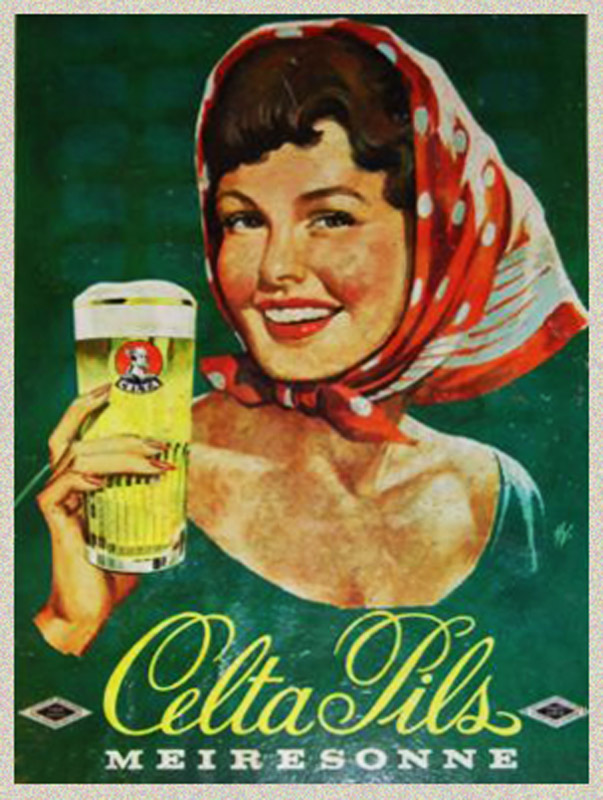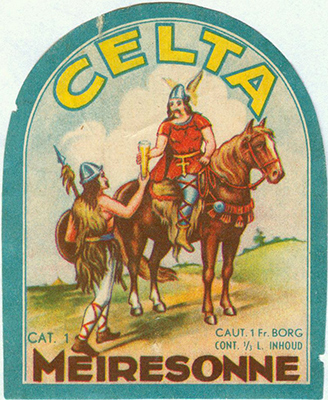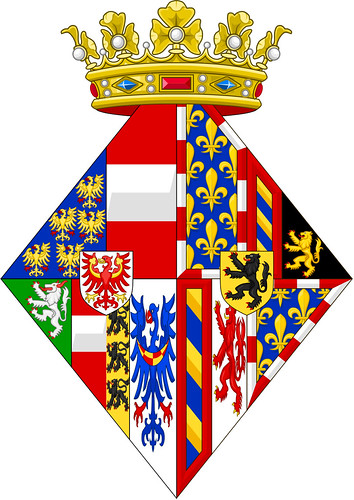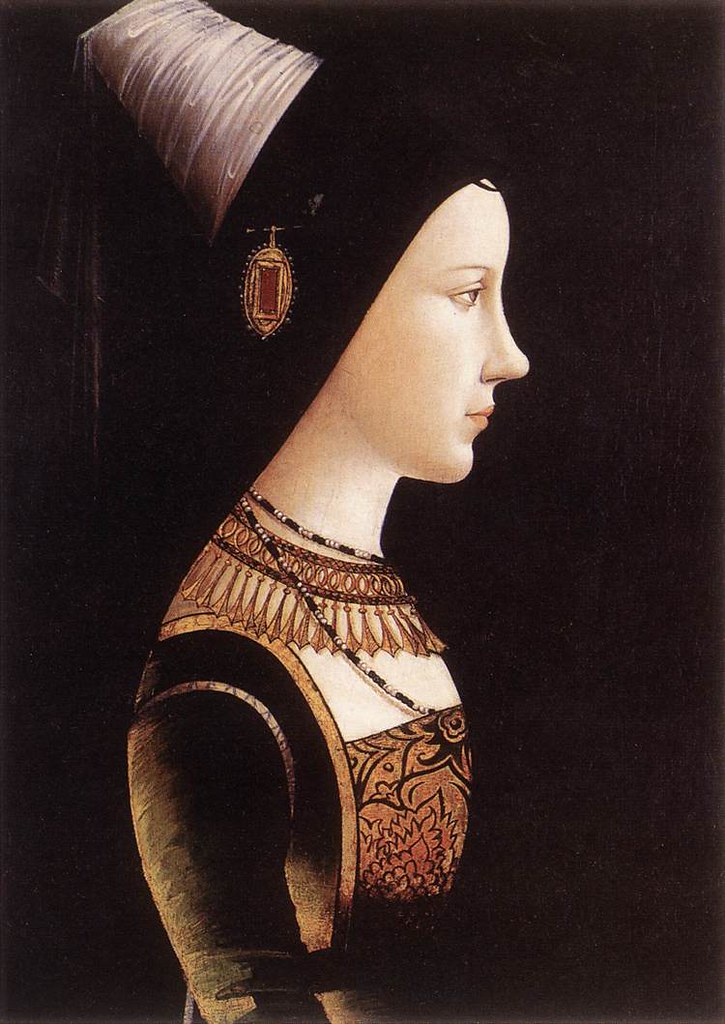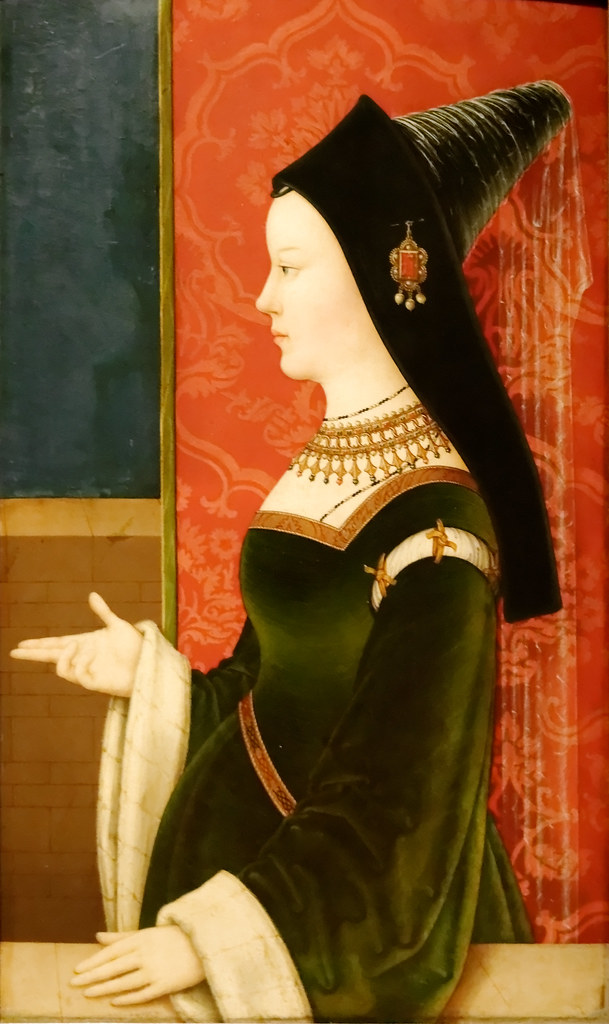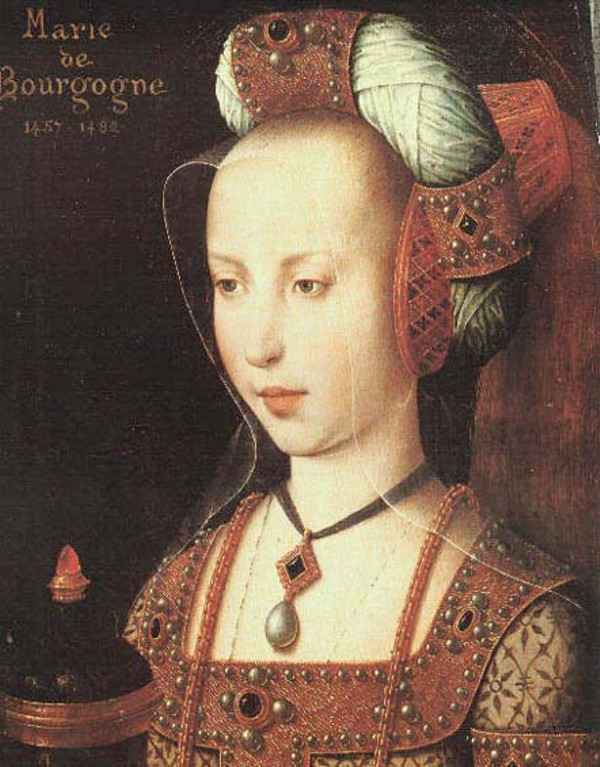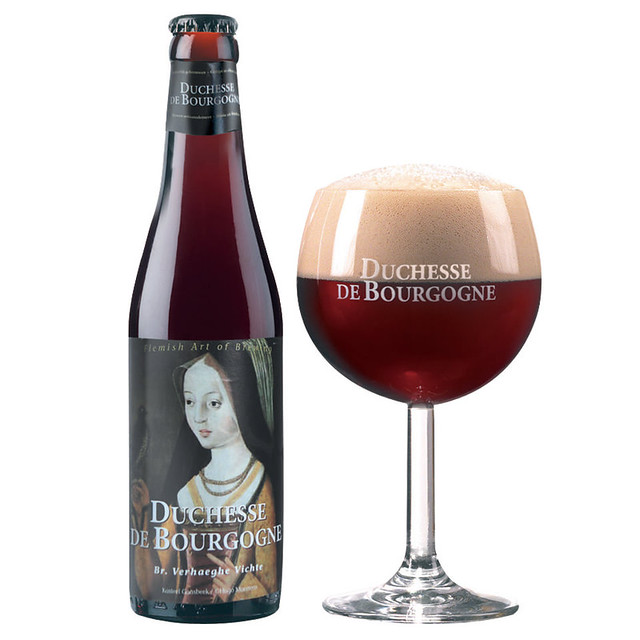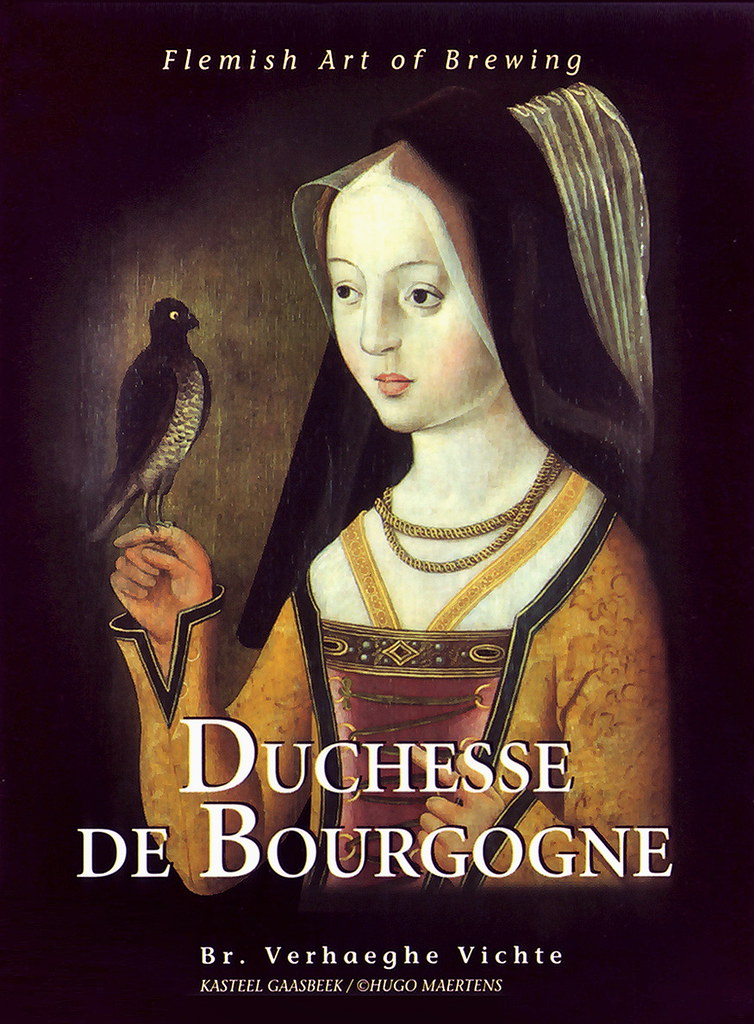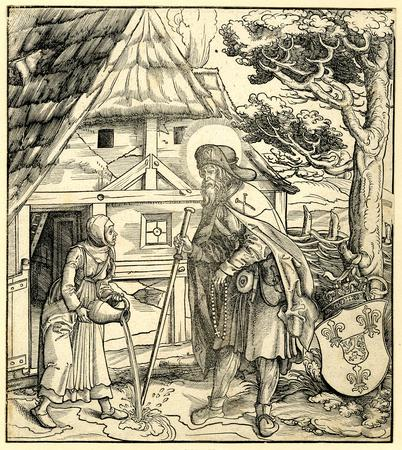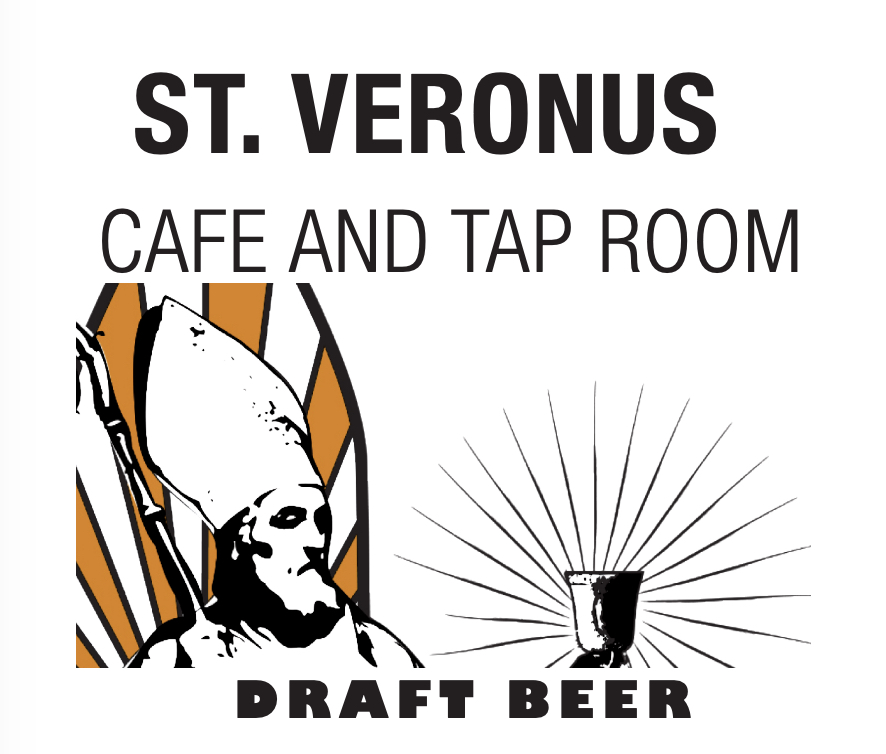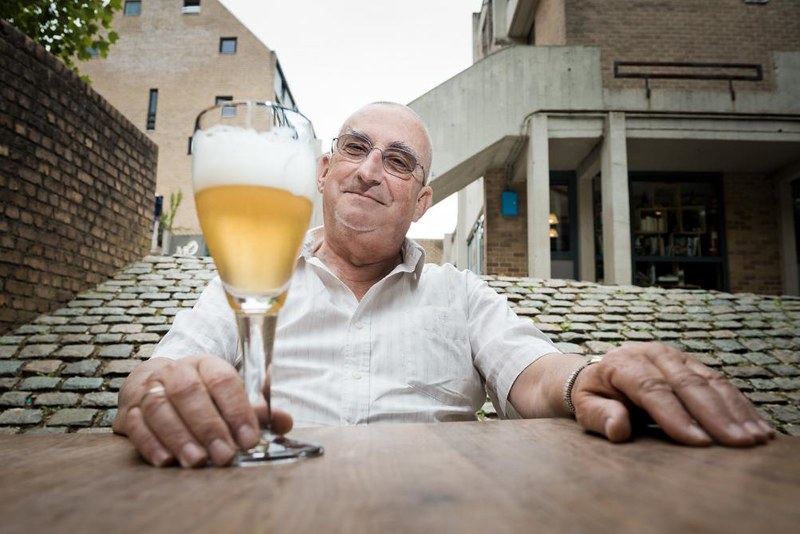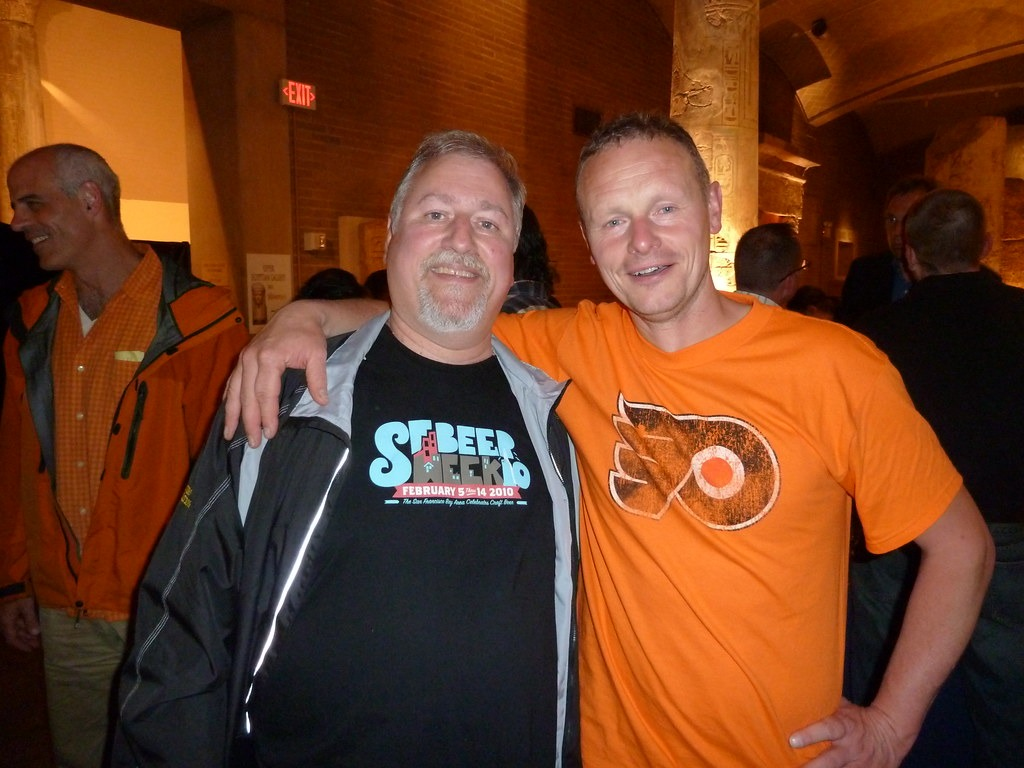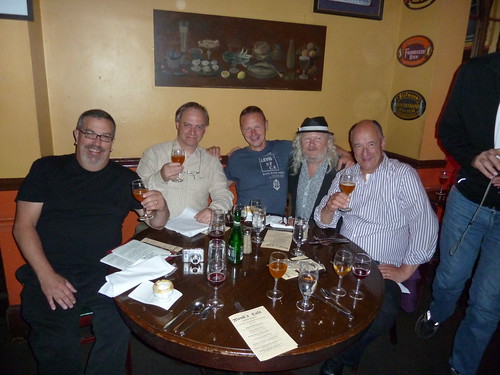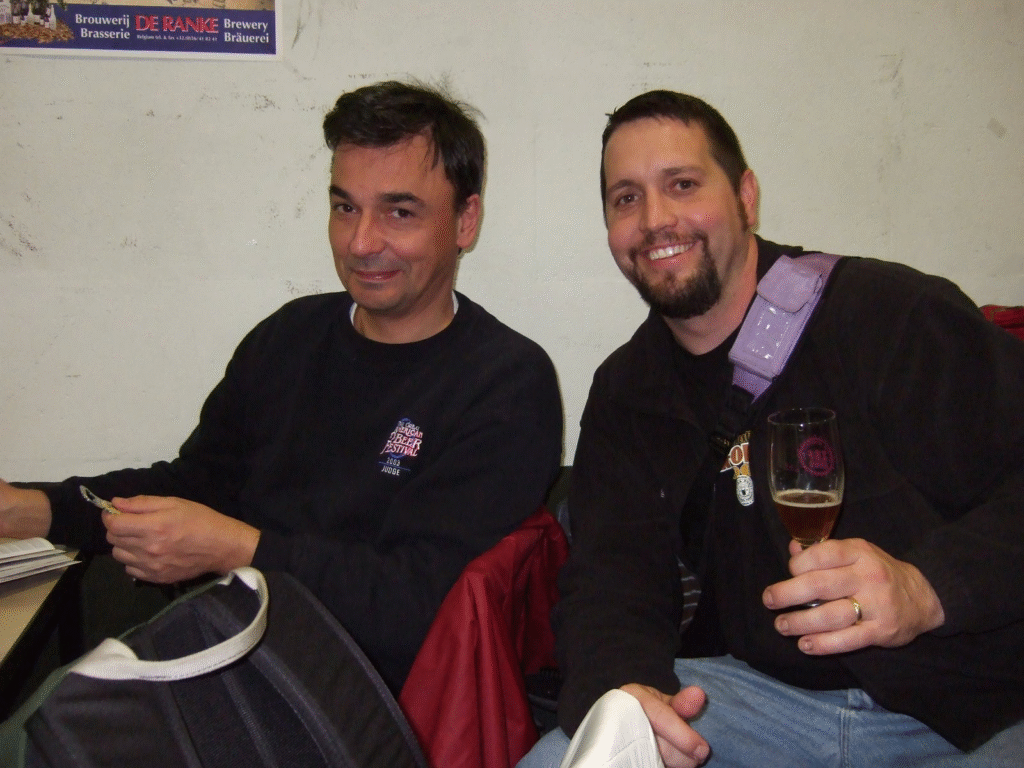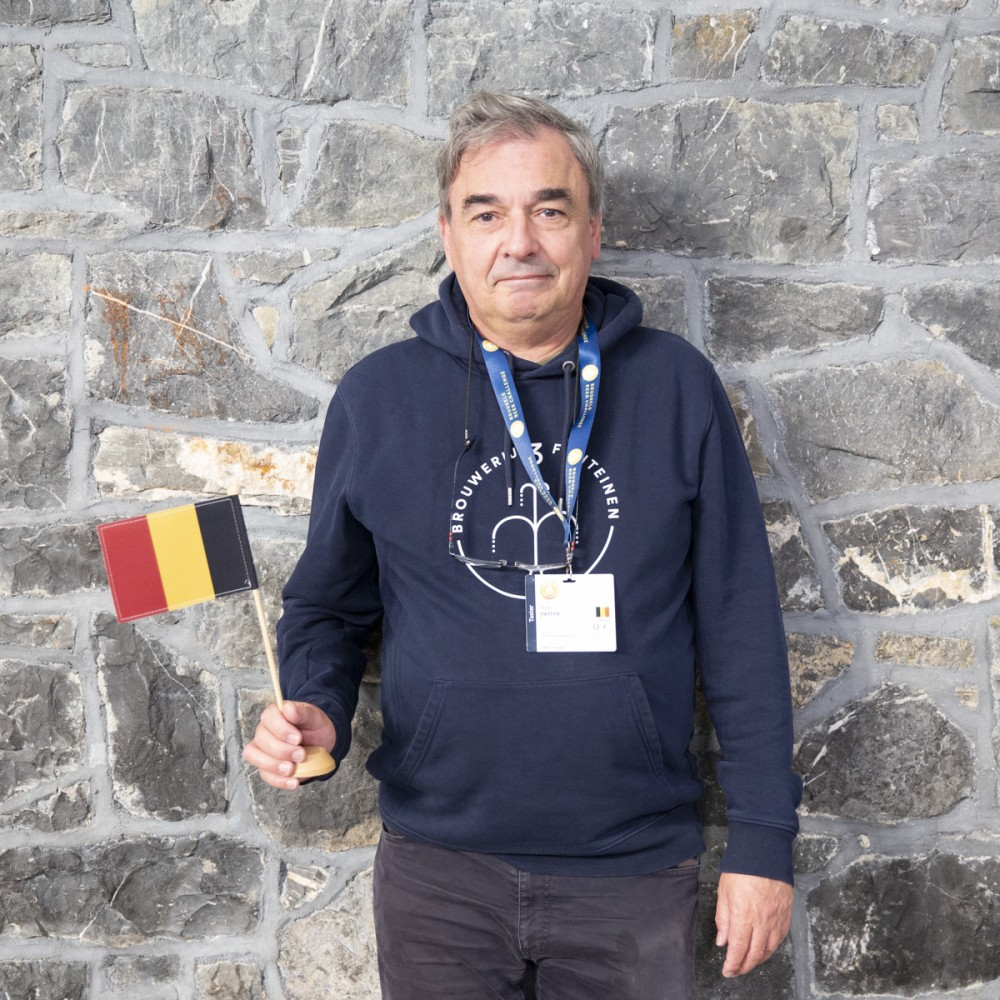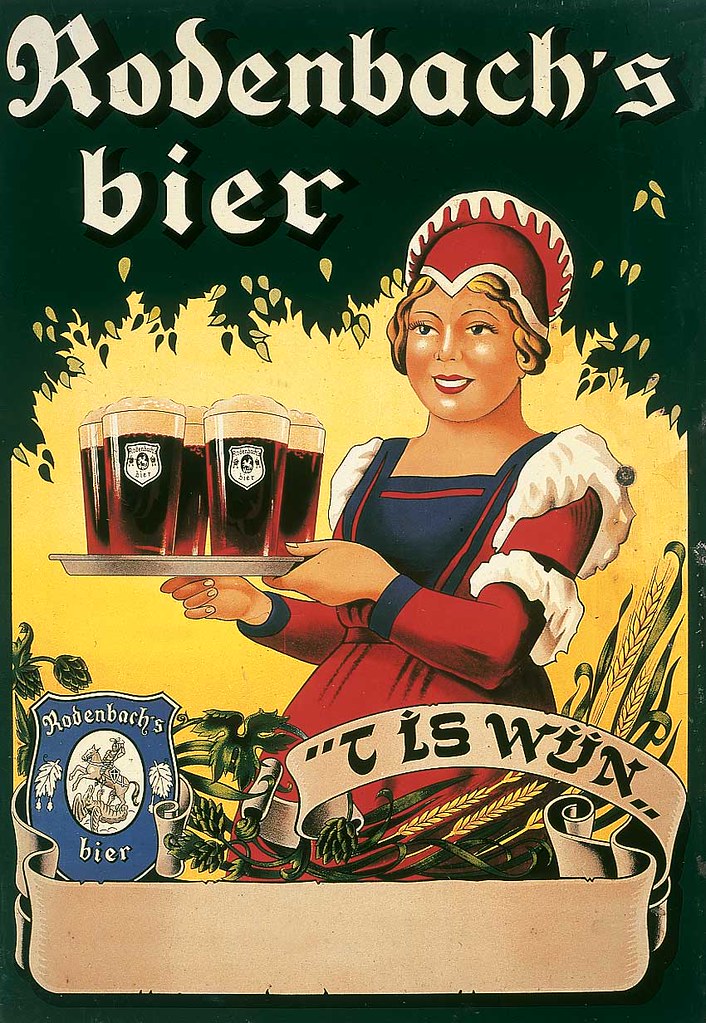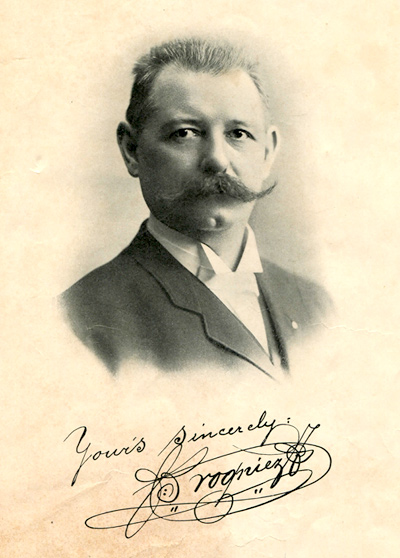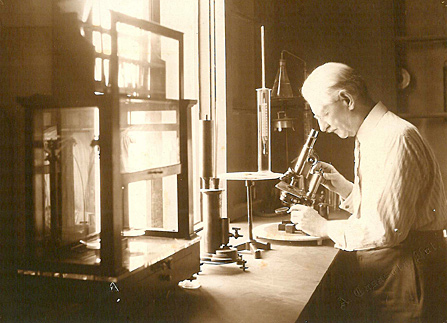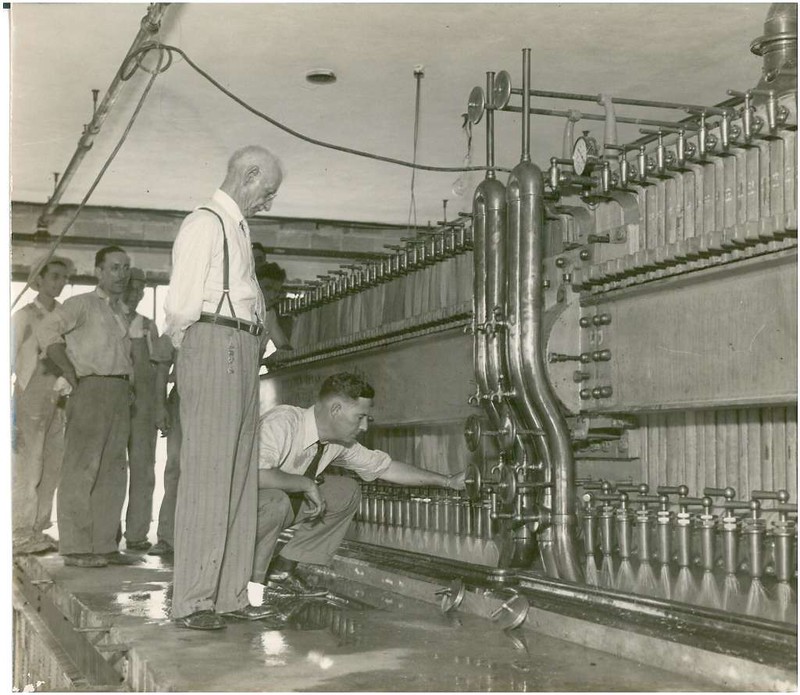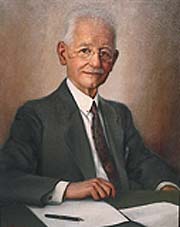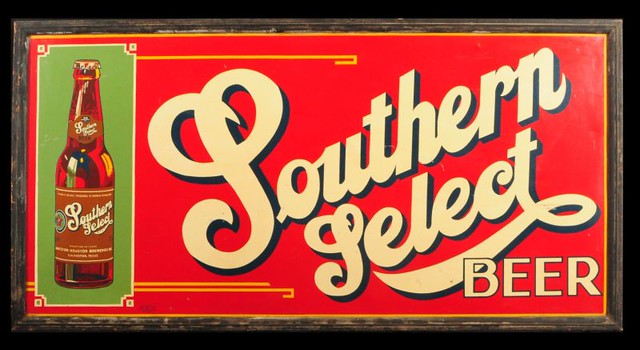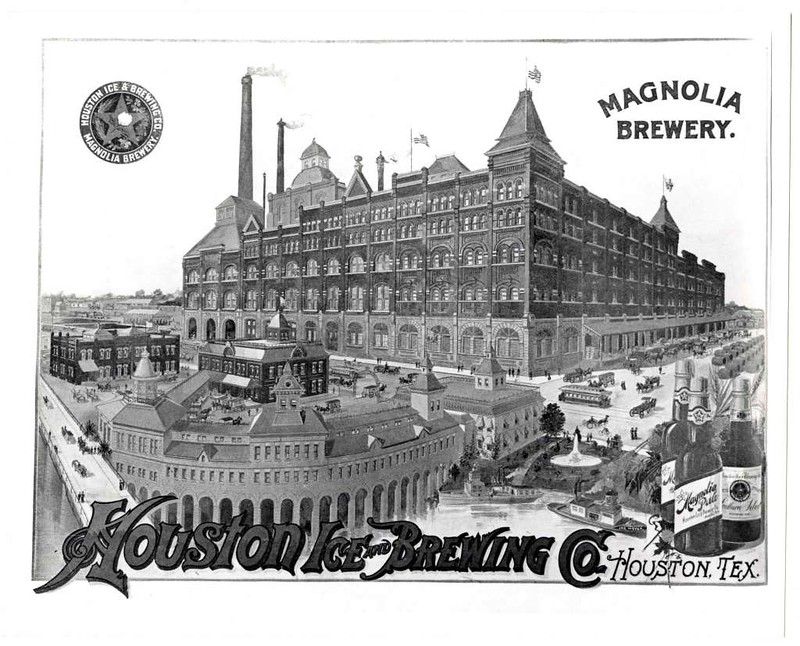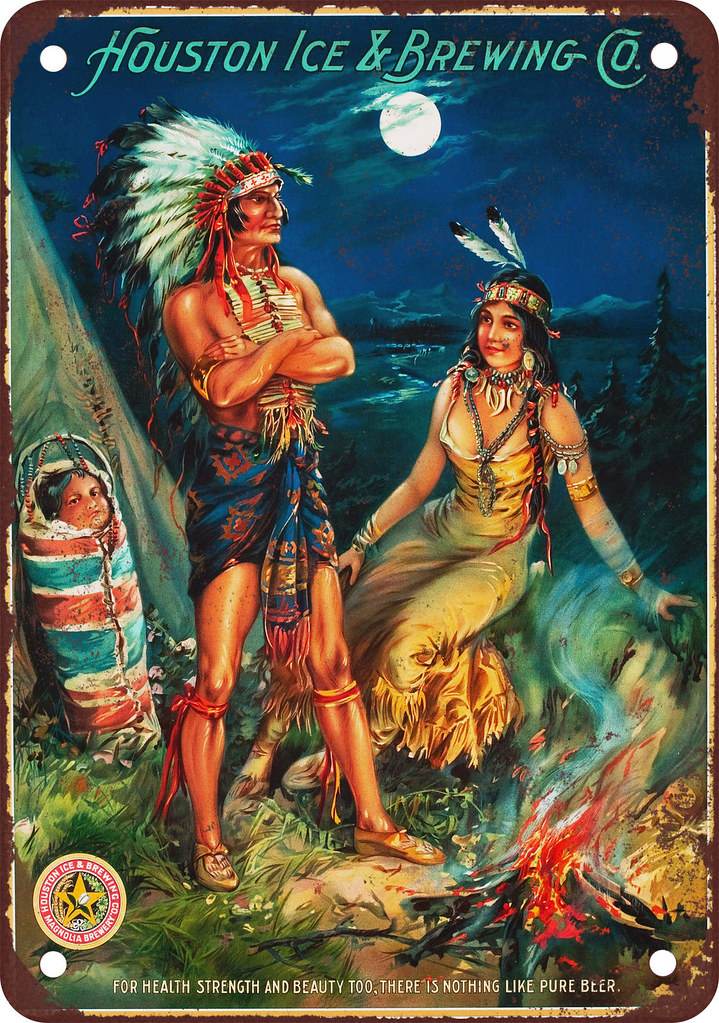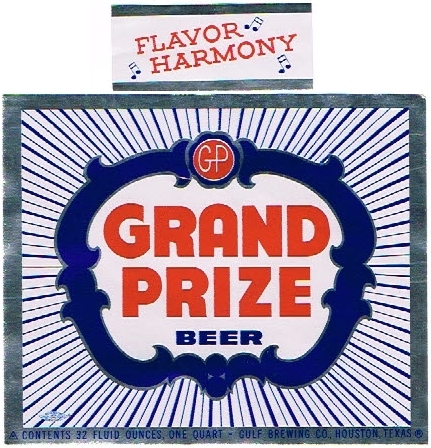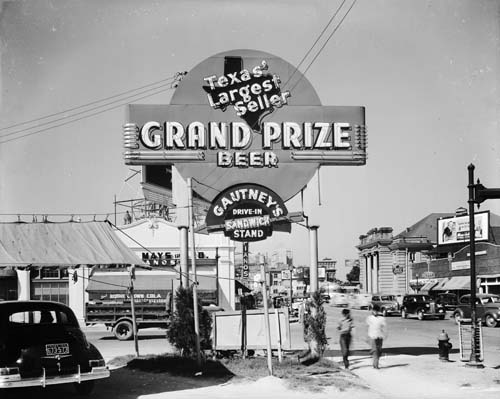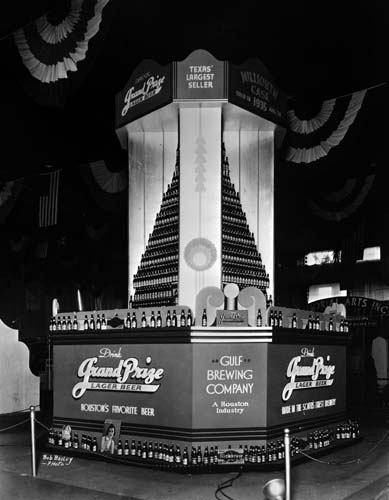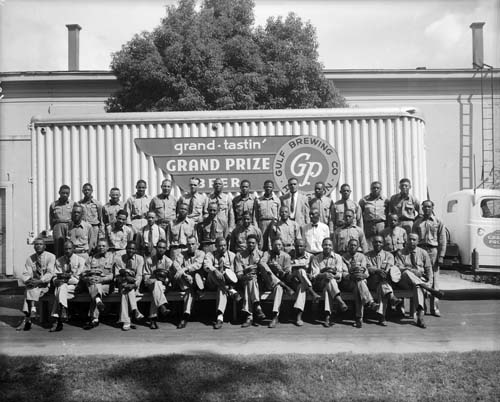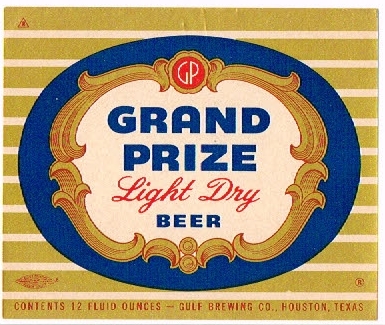
Today is the birthday of August Meiresonne (February 24, 1842-1913). He was born in Belgium and according to his Dutch Wikipedia page. “Initially, together with his sisters Ida and Pauline, he ran a brewery in Bellem beginning in 1866. In 1871 (in what was then Damstraat and today is now Brouwerijstraat) in Landegem, he took over the existing brewery from the Francies De Paepe and Marie-Thérèse Speeckaert family.”
August Meiresonne called his company De Hoprank and the family brewed beer there until 1918. It was a modern brewery for that time that already worked with electricity. He even supplied electricity to the municipality and the church of Landegem was already equipped with electric lighting for this. The energy came by means of two gas engines and a steam engine.
In October 1918 the brewery and the house were razed to the ground by the Germans. After the First World War, his son Aimé Meiresonne started the new Meiresonne Brewery in Ghent.

And this is from the Meiresonne Brewery Wikipedia page:
[Meiresonne] started the brewery “De Hoprank” there together with his wife Marie David, with whom he had 10 children. They had a modern business for the time. He became alderman in Landegem and mayor and son Aimé (1888 – 1966) took over the management of the company in 1913 . However, the company was destroyed by the retreating Germans in 1918 , which gave rise to a new start in Ghent. There Aimé Meiresonne took over Brasserij Prosper from Ostend-De Marteleire on the Koepoortkaai.

In 1935 the name “Hoprank” was changed to “Meiresonne,” which in Ghent was irreverently called Meire-zeke. This drink probably couldn’t have been very bad, because until the 1960s there was a thriving company with more than 500 employees; in Ghent one could not miss the name, by the way. Aimé was in charge, Sister Céline was his right-hand man and brother Alfred was the brewmaster.
Brand names: The most famous drink was Celta Pils, alongside Fort Op, Family’s (presumably table beer), Pigall’s Stout, Koekoek, Munich, Export, Stolz, Ganda, Goliath and Pater Fredo’s. In 1964 the brewery was taken over by Brouwerij Artois and like many companies merged into Interbrew and InBev. In 1985 the buildings were demolished and apartment buildings were erected on the site, completely erasing the past.

